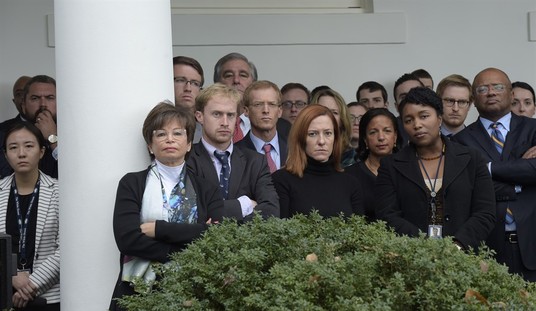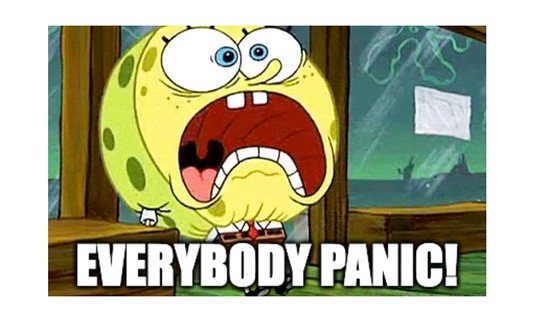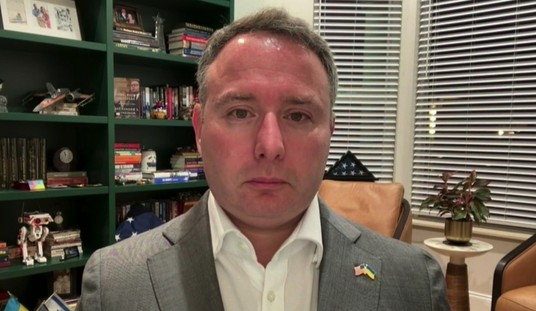In response to a question on the ongoing fertilizer shortage, Administrator of the United States Agency for International Development Samantha Power said that this would be a good time for farmers to move to “natural solutions, like manure and compost.”
Watch for yourself:
Biden official Samantha Power celebrates fertilizer shortages that will force farmers to “hasten transitions” to “natural solutions, like manure and compost.”
“Never let a crisis go to waste." pic.twitter.com/rZ5uMy0K5U
— RNC Research (@RNCResearch) May 1, 2022
Tell us you know nothing about farming without telling us you know nothing about farming:
https://twitter.com/foster_type/status/1520843615278407680
And it’s not just us saying it. She should “trust the science”:
https://twitter.com/razibkhan/status/1520848079024529420
Form Foreign Policy Magaine:
In Sri Lanka, Organic Farming Went Catastrophically Wrong
And:
Faced with a deepening economic and humanitarian crisis, Sri Lanka called off an ill-conceived national experiment in organic agriculture this winter. Sri Lankan President Gotabaya Rajapaksa promised in his 2019 election campaign to transition the country’s farmers to organic agriculture over a period of 10 years. Last April, Rajapaksa’s government made good on that promise, imposing a nationwide ban on the importation and use of synthetic fertilizers and pesticides and ordering the country’s 2 million farmers to go organic.
The result was brutal and swift. Against claims that organic methods can produce comparable yields to conventional farming, domestic rice production fell 20 percent in just the first six months. Sri Lanka, long self-sufficient in rice production, has been forced to import $450 million worth of rice even as domestic prices for this staple of the national diet surged by around 50 percent. The ban also devastated the nation’s tea crop, its primary export and source of foreign exchange.
Recommended
Yet, that’s exactly what team Biden wants for U.S. farmers:
Untold numbers of the world's poorest people will die because of the coming food shortages, but Biden USAID Administrator @SamanthaJPower urges you to find the bright side. https://t.co/YHbLw7fyeH
— Ben Domenech (@bdomenech) May 1, 2022
Oh, and it’s cute how they’re blaming Russia for this, too. Here’s a thread from Bloomberg’s Stephen Stapczynski on what’s been going on:
A historic fertilizer supply crunch threatens food security 🚨
💰 Fertilizer prices have been climbing for the last year due in part to the runaway natural gas costs (the main feedstock) and supply disruptions
🏠 This will leave no household unscathedhttps://t.co/CN5johDupO pic.twitter.com/r5l1nNgDuk
— Stephen Stapczynski (@SStapczynski) May 1, 2022
For the first time ever, farmers the world over — all at the same time — are testing the limits of how little chemical fertilizer they can apply without devastating their yields come harvest time
Early predictions are bleak 🌾 https://t.co/CN5johDupO
— Stephen Stapczynski (@SStapczynski) May 1, 2022
🇧🇷 In Brazil, a 20% cut in potash use could cut soybean yields by 14%
🇨🇷 In Costa Rica, a coffee cooperative sees output sliding as much as 15% next year if farmers miss 1/3 of normal application
🇳🇬 In W Africa, falling fertilizer use will shrink rice & corn harvest by 1/3
— Stephen Stapczynski (@SStapczynski) May 1, 2022
Inflation in the food sector is set to go vertical, @DoombergT said in October
“The combination of higher costs, lack of supply, labor shortages, and broken logistics has set in motion a crisis which can no longer be avoided”https://t.co/uHRCigzt66
— Stephen Stapczynski (@SStapczynski) May 1, 2022
Add Russia’s invasion of Ukraine, which effectively cut off nearly a fifth of the world’s nutrient exports, and the fertilizer industry and its pricing mechanisms are arguably more broken than ever before pic.twitter.com/O15uYZ1Ohl
— Stephen Stapczynski (@SStapczynski) May 1, 2022
Lower use of fertilizer will cut crop yields, and food will get more expensive
Prices are already rallying. A US index of world food costs jumped 13% in March
Higher food costs will hit the emerging world the hardest, as governments are already grappling with energy shortages
— Stephen Stapczynski (@SStapczynski) May 1, 2022
So, not transitory inflation?
“Higher food costs will hit the emerging world the hardest, as governments are already grappling with energy shortages.”
Gird your loins, people.
***























Join the conversation as a VIP Member